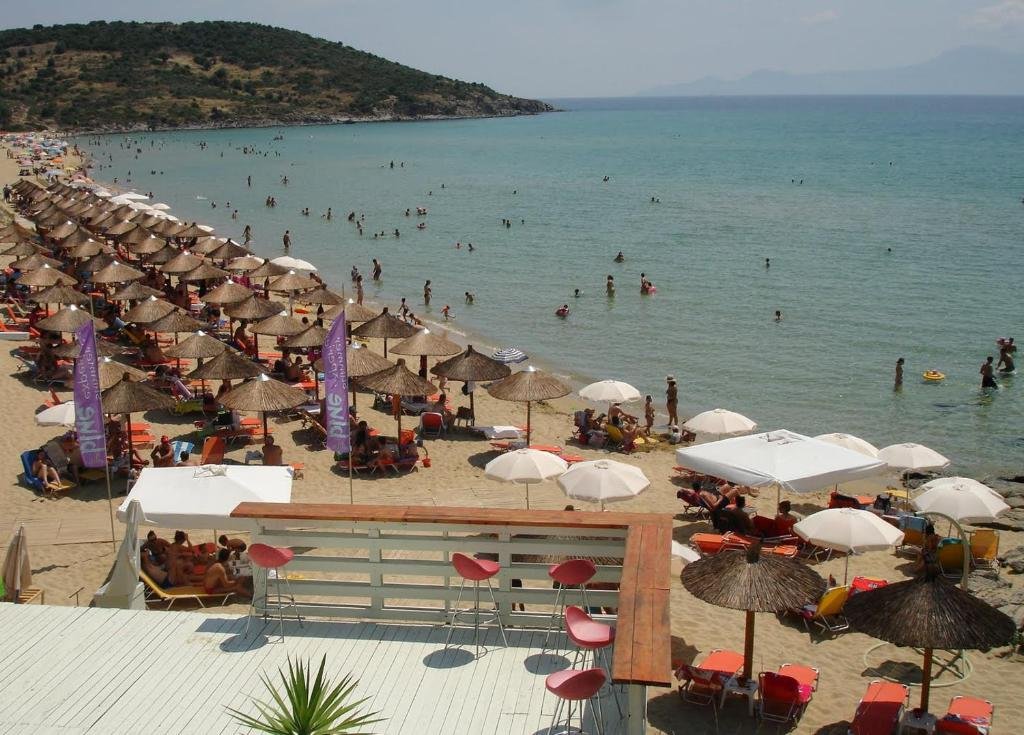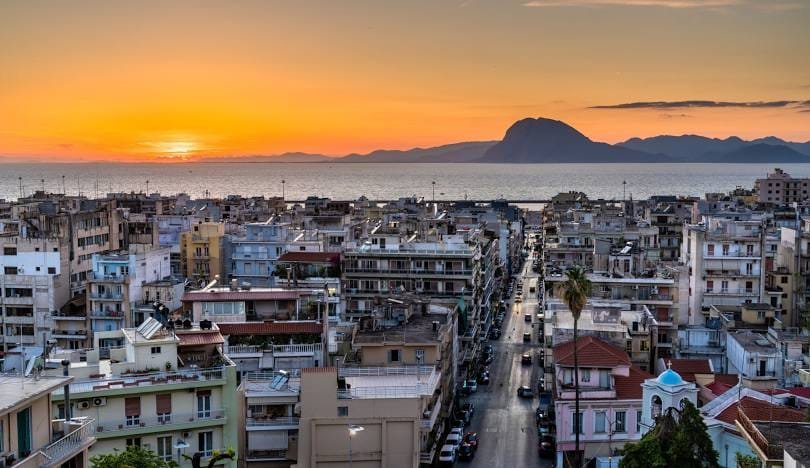
Experience Unforgettable Holidays in Greece with GreekBnB.live!
Dreaming of the perfect holidays ? Whether you’re looking for luxury villas, cozy apartments, or traditional Greek homes, GreekBnB.live offers the best Greece vacation rentals for every traveler.
✨ Why Choose GreekBnB.live for Your Holidays in Greece?
✅ Handpicked Greek islands accommodation in Santorini, Mykonos, Crete & more
✅ Authentic Airbnb alternatives in Greece – no hidden fees, just local hospitality
✅ Explore the best places to stay in Greece, from beachfront resorts to city apartments
✅ Easy booking & exclusive deals for a stress-free vacation
🏝️ Your Dream Holidays in Greece Start Here!
From the whitewashed streets of Mykonos to the breathtaking sunsets of Santorini, find your ideal getaway today!
🔎 Book now with GreekBnB.live and start your Greek adventure!

















